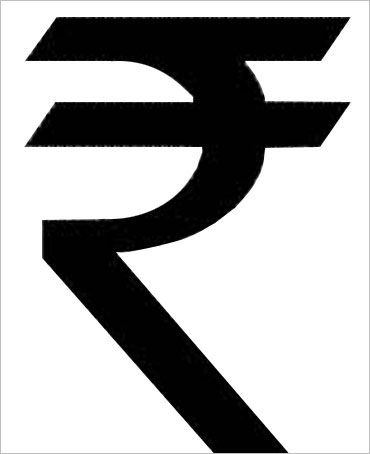 Vivek Kaul
Vivek Kaul
A few years back when I went to get a new pair of spectacles made, I was given an estimate of Rs 5,700. “Chashma khareedna hai, dukan nahi (I want to buy a pair of spectacles, not the shop),” I quipped immediately.
The shopkeeper heard this and quickly moved into damage control mode. He showed me a new frame and we finally agreed on a price of Rs 2,700. The frame I ended up buying was not very different from the one that I had originally chosen. The shopkeeper tried to tell me that the earlier one was more sturdy, easy on the eyes, etc.
But to me both the frames looked the same. I have thought about this incident a few times since it happened, and come to the conclusion, that the shopkeeper was essentially trying to figure out the upper end of what I was ready to pay. In the end he sold me more or less the same product for Rs 2,700 even though he had started at Rs 5,700. He was playing mind games.
Was he successful at it? Prima facie it might seem that I saved Rs 3,000. (Rs 5,700 minus Rs 2,700). But is that the case? One of the selling tricks involves making the customer feel that he has got a good deal. Barry Schwartz provides a excellent example of this phenomenon in his book The Paradox of Choice: Why More is Less.
He gives the example of a high-end catalog seller who largely sold kitchen equipment. The seller offered an automatic bread maker for $279. “Sometime later, the catalog seller began to offer a large capacity, deluxe version for $429. They didn’t sell too many of these expensive bread makers, but sales of the less expensive one almost doubled! With the expensive bread maker serving as anchor, the $279 machine had become a bargain,” writes Scwartz.
Now compare this situation to what I went through. Before you do that, let me give you one more piece of information. When I went to the shop looking to buy a pair of spectacles, I had thought that I won’t spent more than Rs 2,000 on it. But I ended up spending Rs 2,700.
The shopkeeper’s first prize of Rs 5,700 gamed me into thinking that I was getting a good price. Thus, I ended up spending Rs 700 more than what I had initially thought. Behavioural economists refer to this as the “anchoring effect”. As John Allen Paulos writes in A Mathematician Plays the Stock Market “Most of us suffer from a common psychological failing. We credit and easily become attached to any number we hear. This tendency is called “anchoring effect”.”
Marketers use “anchoring” very well to make people buy things that they normally won’t. As Schwartz points out “When we see outdoor gas grills on the market for $8,000, it seems quite reasonable to buy one for $1,200. When a wristwatch that is no more accurate than one you can buy for $50 sells for $20,000, it seems reasonable to buy one for $2,000. Even if companies sell almost none of their highest-priced models, they can reap enormous benefits from producing such models because they help induce people to buy cheaper ( but still extremely expensive) ones.”
Anchoring is used by insurance agents as well to get prospective customers to pay higher premiums than they normally would. As Gary Belsky and Thomas Gilovich write in Why Smart People Make Big Money Mistakes and How to Correct Them “If you’re on the “buy side” purchasing life insurance, for example you’ll be susceptible to any suggestions about normal levels of coverage and premiums. All that an enterprising agent need to tell you is that most of people at your age have, say, $2 million worth of coverage, which needs $4,000 a year and that will likely become your starting point of negotiations.”
Hence, it is important for consumers seeking a good deal to keep this in mind, whenever they are thinking of buying something.
The column originally appeared in the Mutual Fund Insight magazine, March 2014
(Vivek Kaul is the author of Easy Money. He can be reached at [email protected])